ENVIRONMENT & CLIMATE

Dolphins Whistle? New Studies Uncover Bonding Ritual, More Functions of Animal’s Vocal Sounds

Machu Picchu History Shows Name a Mistake By Local Farmer, Now Experts Are Trying to Correct It
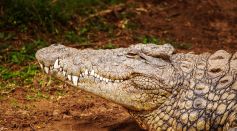
5-Meter Long Crocodile in Kowanyama 'Humanely Euthanized' for Displaying Aggressive Behavior Despite Potential Icon Status

Greenland Viking Settlers, Why Did they Disappear?

Great White Sharks Make Friends Too! Predators of the Sea Has a Surprising Social Life

How the Most Diverse Assemblage of Cambrian Organisms Dwelt in China's River Delta over 500 Million Years Ago
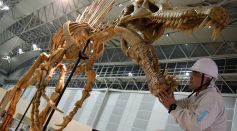
Giant 60-Ft Spinosaurus Had Dense Bones, Allowing The Biggest Carnivorous Dinosaur To Hunt Underwater

Mayan Civilization and Their Corn Crops Came from Southern Cultures Sometime 5600 Years Ago
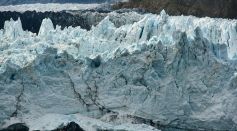
Almost 1,000-Meter Ancient Ice Wall Blocked Bering Land Bridge Pushing First Human Migrations from Asia to America via Boat

Fish Communities in the Great Barrier Reef Losing Colors Due to Complex Coral Reefs Decline, Study Reveals
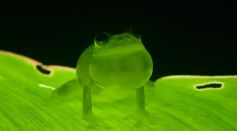
Two New Species of Endangered Glass Frogs With See-Through Bodies Discovered in Active Mining Sites in Ecuador

Longest Native Snake In North America Spotted In Alabama For The Second Time in 60 Years Proving Indigo Project Was Successful After Over 10 Years
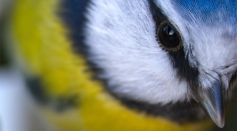
New Projects Seek Knowledge in Welfare Biology with $500k in Funding

Neolithic's Oldest City Discovered with Colored Bones Buried Right Beneath House Floors
Most Popular

CRISPR Gene Editing Revolution: How Biotechnology Advances Are Rewriting Human DNA

What Ancient Egypt's Pharaohs Really Hid Inside the Pyramids—and Why Most Disappeared Fast

Snow Moon Will Swallow a Bright Star This Weekend in a Rare Naked-Eye Sky Event

Tesla Battery Chemistry: How Lithium-Ion EV Batteries Achieve Extraordinary Electric Car Battery Life





